Help Students Overcome Test Anxiety with These Coping Skills
No matter how well your teachers prepare students for exams, test anxiety can prevent children from showing how much they’ve learned.
According to Healthline, students experience test anxiety when they’re afraid of getting a low score. Severe cases can cause stomach pain, nausea, shortness of breath, headaches, dizziness, vomiting, or diarrhea.
A study published in the Journal of Affective Disorders in 2018 found test anxiety caused students to earn lower grades and perform poorly on standardized tests and university entrance exams. Students were the most anxious when they suffered from low self-esteem, thought the test was hard, or believed failing would have dire consequences.
Researcher Alana Foley from the University of Chicago studied “math anxiety” in 15-year-old students from around the world and discovered it caused them to score lower than normal on exams, especially for those who were good at math.
“Math anxiety is disrupting these students’ ability to fulfill their potential,” Foley said in the study published in Current Directions in Psychological Science. “The students who normally do really well have a large capacity to hold information in their minds and use advanced strategies that require a lot of cognitive resources. But when they’re math anxious, the anxiety and the emotion system of the brain interfere with their ability to hold onto information, so they end up performing much worse than they otherwise would if they weren’t anxious.”
Educators can keep test anxiety from ruining students’ academic future by teaching coping skills children can use before, during, and after taking exams. Here are some helpful strategies from the Studies Weekly Well-Being program. You will need to log into Studies Weekly Online to use the following strategies.
Pre-Test Day Strategies
Changing Students’ Perspective
Many people don’t realize that stress or anxiety can actually help them do well on an exam if they have a positive outlook.
In a 2018 study in the Journal of Educational Psychology, researchers claimed that worrying about test scores caused students to do badly, not the physical feelings of anxiety. To prove this, they had professors email some of their students the night before the exam, telling them their test anxiety could benefit them or at least have no effect on their test performance. The students who received this message earned higher scores on the exam and did better in the class overall.
Teachers can use this lesson from Studies Weekly Well-Being, Week 16, to show students that eustress (good stress) can help motivate them to do their homework and study for tests. Once students realize it’s normal to feel a little anxious about school work, they will stop seeing it as a bad omen and do better on exams.
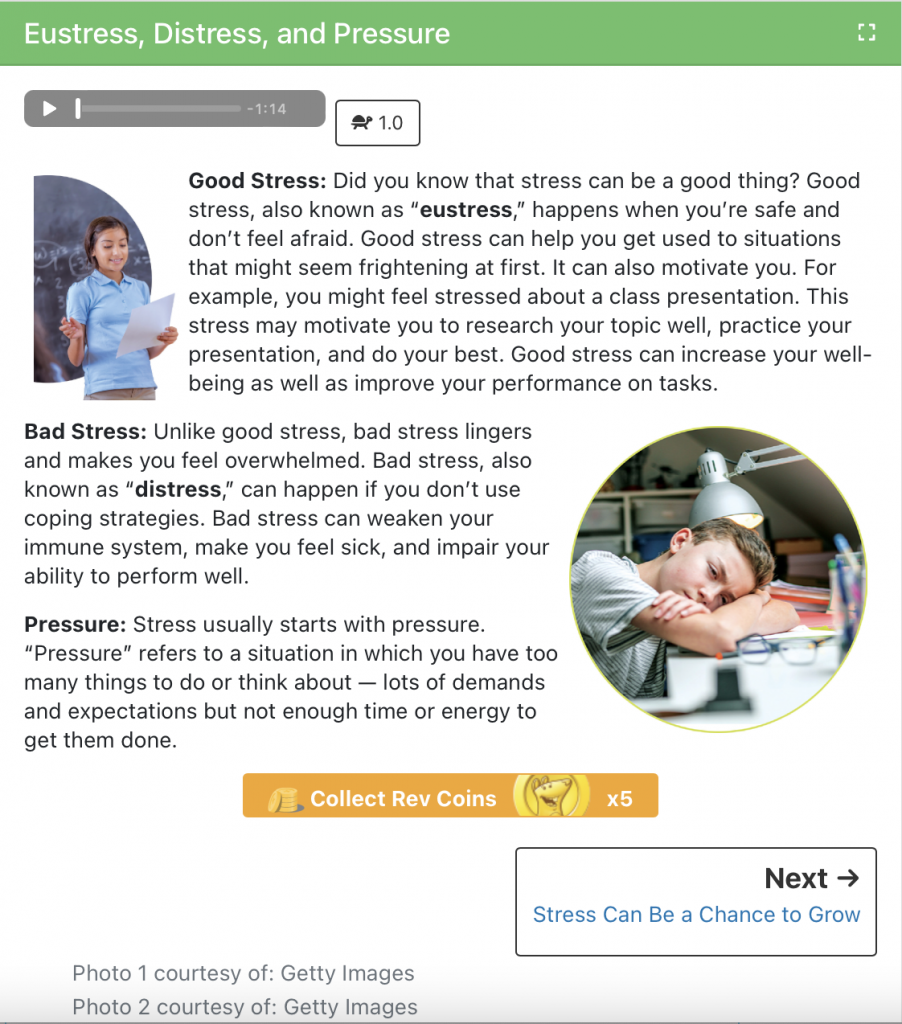
Boosting Self-Confidence
Educators can also reduce test anxiety by improving children’s self-esteem, according to a 2018 Health Psychology Open study. Lessons on confidence and not comparing yourself to others – like these ones from Studies Weekly Well-Being – help children believe in themselves and motivate them to work toward earning good grades. The more self-confident students feel, the more likely their test scores will increase.

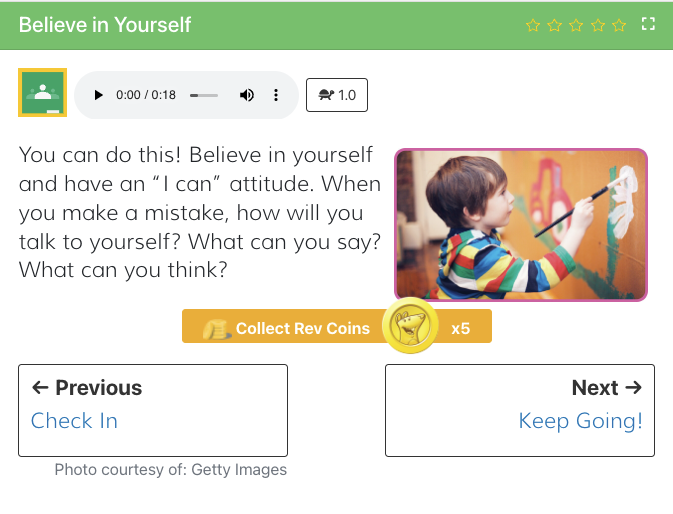

Test Day Strategies
Regulating Emotions
Students who know how to identify and manage their emotions have a better chance of overcoming test anxiety, according to research from the Bulgarian Comparative Education Society. By teaching self-regulation strategies in class, students learn how to manage their anxiety while taking a test.
The second week of Studies Weekly Well-Being is all about identifying and managing emotions so children can talk about their feelings in a healthy way. Learning emotion vocabulary words also allows them to write about their feelings in a journal, which is a great coping strategy. When students in a 2019 PNAS study wrote about how they felt before taking a test, they got higher scores, and the failure rate among those students dropped 50%.
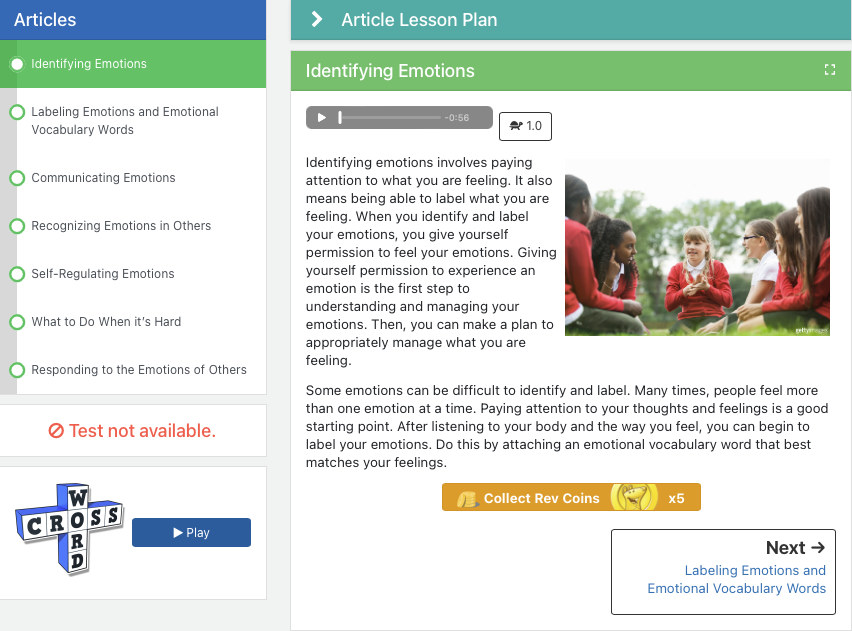
In this Studies Weekly’s lesson, children learn how to self-soothe by getting enough sleep, listening to music, exercising, and talking to a trusted adult. Students can try some of these strategies the day they have a test to feel more relaxed.
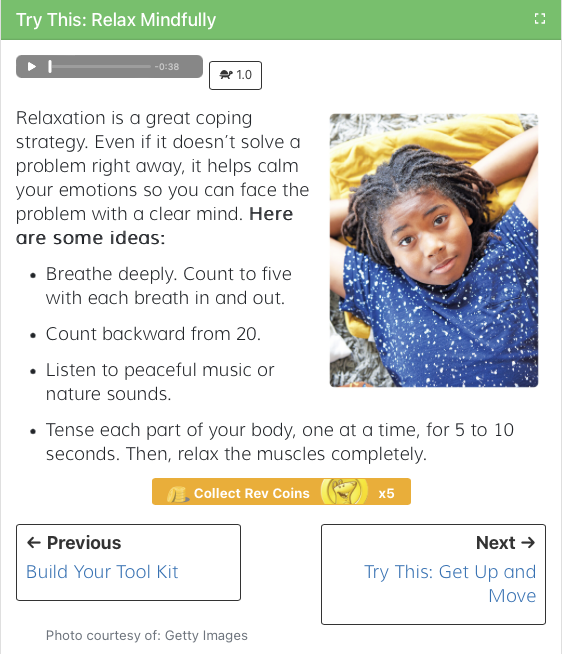
While taking a test, some children get discouraged when they don’t know the answer to a question and start to beat themselves up for not studying hard. Or, they may tell themselves they’re stupid and will fail the test for sure! Our lessons on thinking positively and staying in the present can prepare students for such situations. Each strategy is age-appropriate so children will have no trouble putting them into practice.
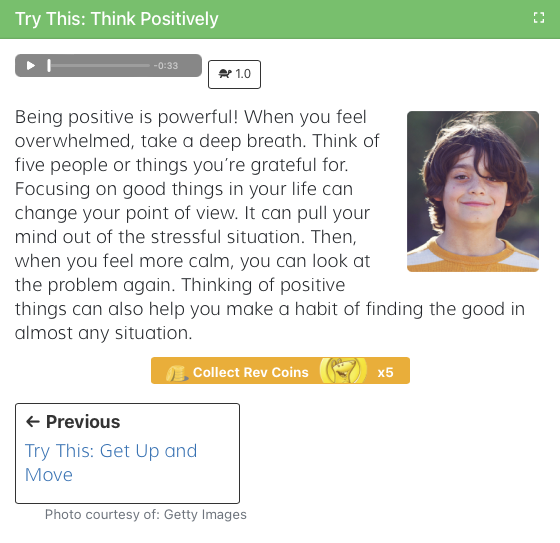
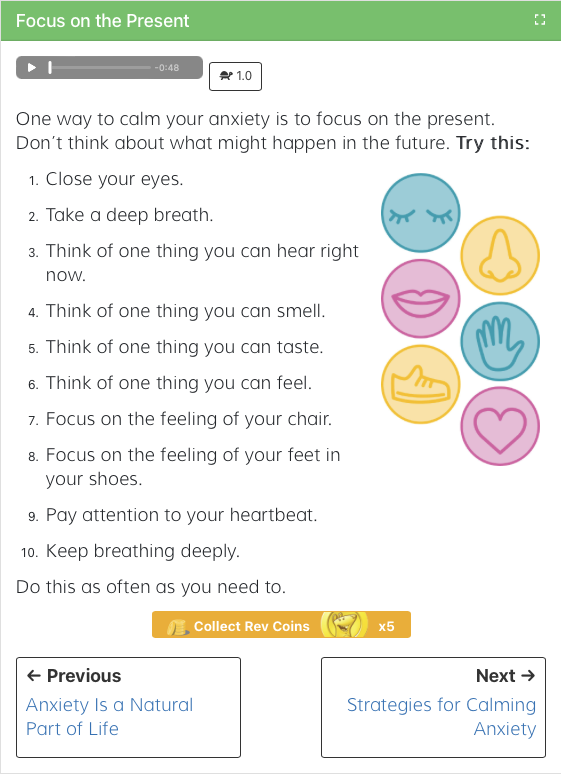
After the Test Strategies
Adopting a Growth Mindset
For students to succeed academically, they need to know getting a bad grade on one test doesn’t mean they will never do well in school. Developing a growth mindset will help students do better on future tests because they will approach tests with a positive attitude.
These Well-Being lessons teach students the difference between a fixed mindset and a growth mindset, then show them how to develop self-confidence by changing what they think.
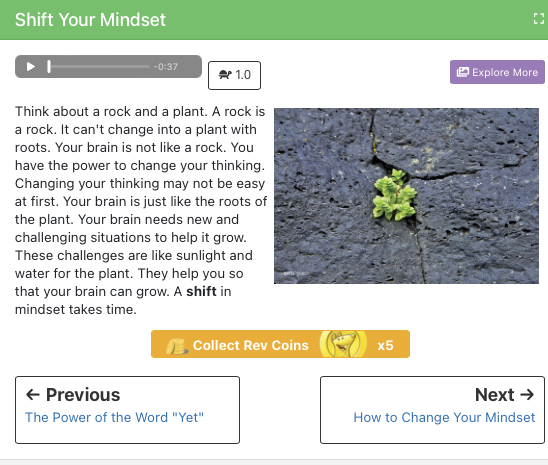
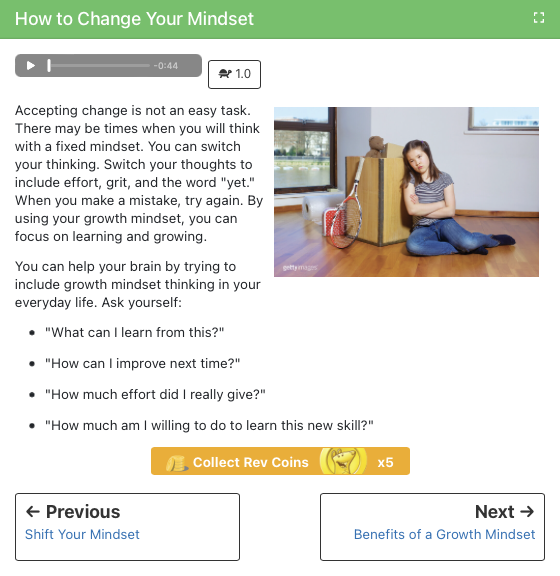
Conclusion
Test anxiety doesn’t have to keep your students from performing their best. You can help them improve their test scores by integrating Studies Weekly Well-Being into your curriculum.
As students learn effective coping skills, their new-found confidence can not only change their academic future but create a positive learning environment for everyone at your school.
